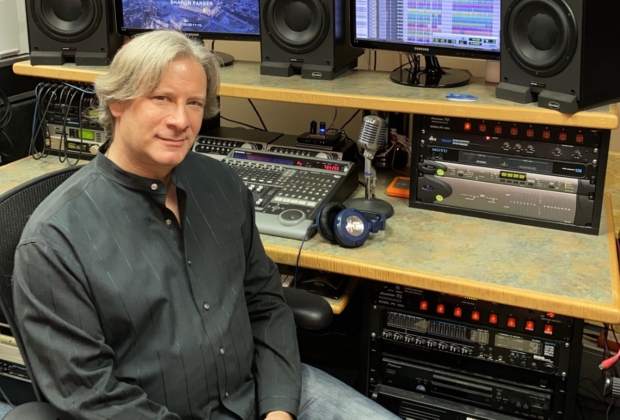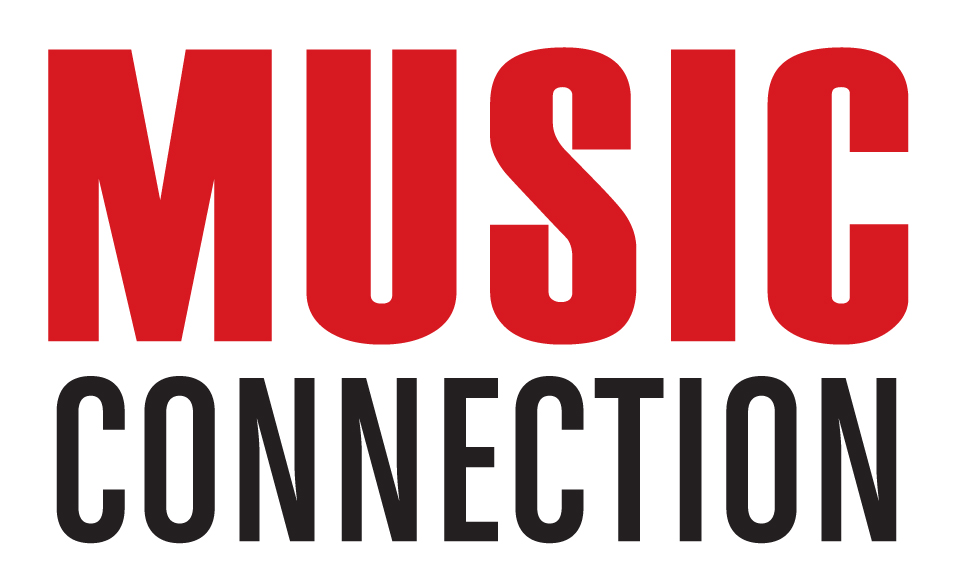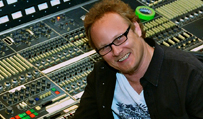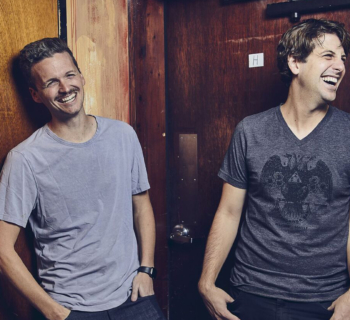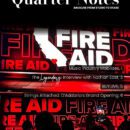Producer and engineer Michael Stern fell in love with music when he discovered the guitar in high school. A graduate of Berklee with a degree in production, he moved to Los Angeles in 1990 and landed a gig at Chick Corea’s Mad Hatter Studios. He soon found that film and TV scores were his calling and he’s helped to craft the sonic shape of films such as Iron Man 2 and The Notebook. With respect to records, he’s worked with Maroon 5 and Foghat, among other bands.
Recently Stern was tapped by noted composer Sharon Farber for an ambitious and timely project: a cover of Diane Warren’s Oscar-nominated “I’m Standing With You.” The song and video were built upon remote contributions from 173 different artists. All services benefitted the United Nations Foundation’s COVID-19 Solidarity Response Fund. “[The song] is the biggest of its kind, so it presented unique challenges,” Stern says. “More than 90 percent of it was cell phone recordings and there was no synchronization. The musicians had a count-off bar and [were asked] to clap or snap at the downbeat. I’d then fly it in and synchronize it. In terms of technical demands for each track, I had to change the time to make it sound like an ensemble performance, and Auto-Tune was used extensively.”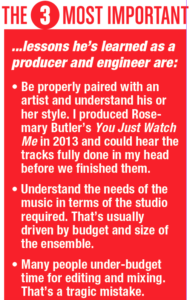
With nearly 200 self-recorded tracks, there was a wide variation in quality and levels of ambient noise. “People were doing these in their living rooms, so there were things like dogs barking,” he recalls. “One cello track had a thunderstorm raging about as loud as the cello. Audio forensics was a huge part of this job. I called iZotope in Boston, which is the premier sonic-restoration company. They provided me with their RX7 Advanced sonic restoration suite. I used the low-pass filtering to get rid of the grainy nature, and the track became pleasant.”
For most engineers, working almost exclusively with cell-phone audio isn’t exactly de rigueur. Accordingly, not only did Stern bring knowledge and experience to the project, but he also drew lessons from it. “People are constrained by wanting the video to look a certain way, but in general, it’s better to have whatever device is being used as far away [from the source] as is comfortable,” he suggests. “Because of the nature of the treble in the upper mid-range of these recordings, the farther away you have it, the sweeter the tone is going to be. As best as you can, simulate the quiet and clean environment of a recording studio.”
Remote recording has soared in the wake of the COVID-19 lockdown. Will artists immediately rush back to studios? “It’s here to stay,” Stern asserts. “It will only get more popular because it’s fun. I got a call from a church in San Diego [to do a remote session]. There was also one completed by a high school choir near me that was tremendously well done. People will do it for the foreseeable future.”
When Music Connection spoke with him, Stern had nearly completed the mix and co-production of Michael Allman’s (son of Gregg Allman) Blues Travels Fast. He was also engrossed in his own record Songs in the Key of Spin, which he aims to release sometime in 2021.
Visit facebook.com/michaelsternproductionsLLC
Contact mikesternaudio@gmail.com

